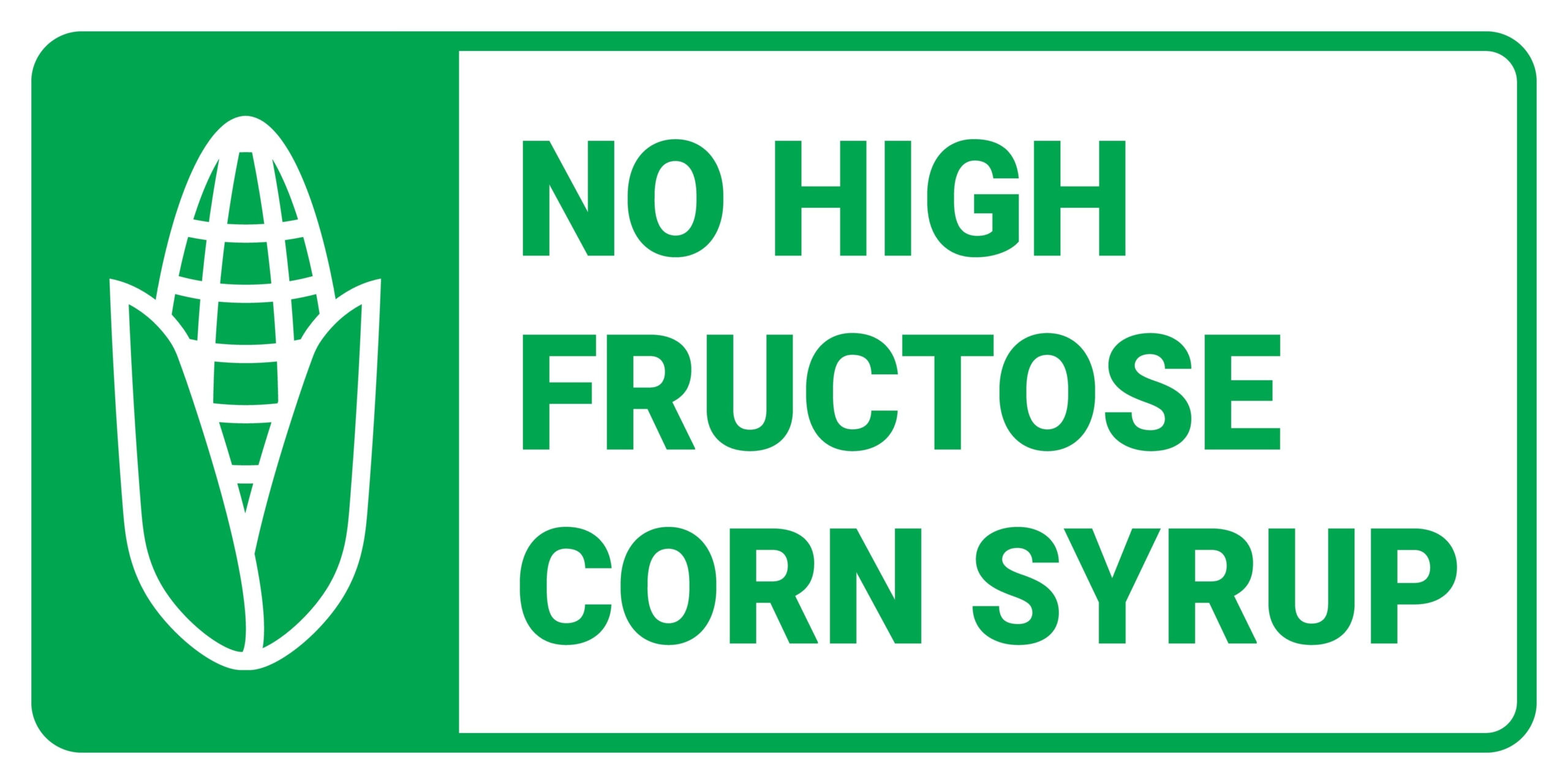It all changed when high fructose corn syrup was “introduced to the food market in 1970.”
Shortly after that, “the obesity epidemic began to take off,” said Dr. George Bray, a renowned expert in the field of obesity.
In the 1960s new technology allowed starch to be easily converted into high fructose corn syrup – starting the manufacturing of soft drinks and other highly processed foods we know all too well.
It was lower farm prices in the 1970s which led to “a drop in the price [of] corn,”* making it “an inexpensive source of corn starch that … was converted to a high concentration of fructose,” thereby leading to manufacturing of high fructose corn syrup.
A brief glance at the chart** below depicts the grim reality and decline in human health since 1960.

It wasn’t too long before the number of individuals living with obesity crept up to the staggering reality of impacting 41.9% of Americans, leading to annual medical costs in the US of $173 billion.
What is high fructose corn syrup?
First, the basics on fructose and sucrose:
“Fructose is one the most common sugars in our diets,” Bray stated.
“Any high sucrose diet is a high fructose diet by definition,” he continued. Sucrose, fructose and glucose are all simple sugars.
That’s why:
- “Any time you eat sucrose, 50% of it is fructose, since the sucrose molecule is one half fructose.”
| Examples of foods with fructose / sucrose
|
| Fruits, including juices like apple juice, grape juice
|
| Certain vegetables
|
| Honey
|
| Beverages – soft drinks
“The leading source of fructose in the American diet … used to sweeten beverages.”*
Soft drinks have no nutritional value to your eating plan.
|
“My own view is high fructose corn syrup, primarily in the form of beverages, has been a major contributor to obesity. That is the culprit,” Bray stated.
In his research, Bray has identified “an association with soft drink intake and obesity, metabolic syndrome, gout and fatty liver disease.”***

When you taste something sweet – say a strawberry, “it’s largely the fructose you’re tasting.” It’s now easy to associate certain foods’ being much sweeter than others. It’s the fructose!
“You have to eat a lot of fruit to get much fructose; you don’t have to eat a lot of sugar to get fructose since its 50% of the sugar molecule.”
“One of the big revolutions in the field was the splitting of starch into glucose and then converting this to fructose. High fructose corn syrup which is a mixture of fructose and glucose typically of a proportion of 45-55%,” he continued.
Dr. Bray has made it crystal clear how high fructose corn syrup has played a pivotal role in plummeting human health.
Where can we go from here? It’s impossible to go back in time and eliminate this creation or fully remove it from our population’s diets.
But how can you, as an individual escape its detrimental effect on your health? Cutting back, eliminating high fructose sweetened drinks from your beverage intake.
Disease and obesity go hand in hand. Dr. Bray’s expert insight on the toll of obesity can be read here in: “Obesity expert explains diseases, stigma.”
I hope you share Dr. Bray’s expert insight with those you care about. Small changes in our daily routine can make a profound impact on our health and within our communities.
*Rippe JM, Kris Etherton PM. Fructose, sucrose, and high fructose corn syrup: modern scientific findings and health implications. Adv Nutr. 2012 Sep 1;3(5):739-40. doi: 10.3945/an.112.002600. PMID: 22983860; PMCID: PMC3648763.
**Chart source: CDC/NCHS, NHANES.
***Fructose: Is It Bad for Our Health? George A. Bray, M.D., March 2008
Watch for more from Dr. George Bray in the coming weeks.
Bray has played a pivotal role in obesity research and working to improve society’s health. He is a longtime advocate for patients and early explorer of the biology that underlies individuals’ personal struggles with excess body weight and the consequences which cascade therefrom. Bray has received significant awards throughout his career some including: The Johns Hopkins Society of Scholars, Joseph Goldberger Award from the American Medical Association, the Stunkard Lifetime Achievement Award. He has authored/co-authored more than 1,700 publications.
This website does not provide medical advice. No material on this site is intended to be a substitute for professional medical advice, diagnosis or treatment. It is for informational purposes only. Always seek the advice of a medical professional or other qualified health care provider on any health matter or question.
